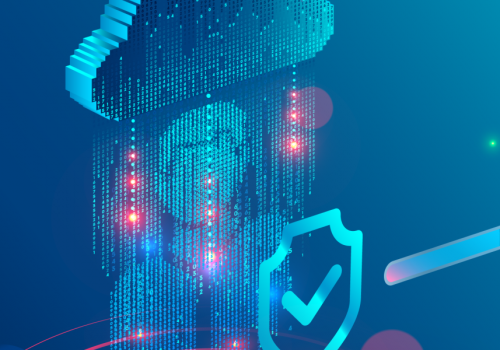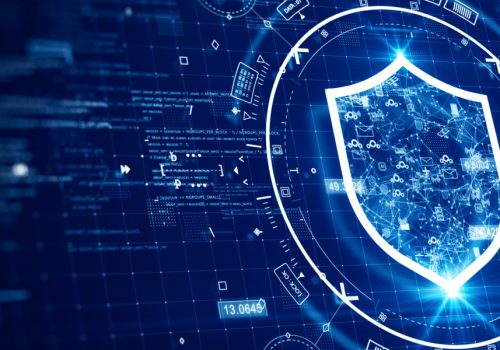The metaverse will be built by everyone, unleashing a new creative boon based on collaboration and standards.
The ISO Annual Meeting will be held in Brisbane, Australia, on 18-22 September 2023. ISO and its members join ranks with world change makers to showcase how International Standards help tackle the world’s greatest challenges. Published in the lead-up to the event, our series of guest articles provides insight into a variety of topics that will be discussed during the week.
I’m not one for hype but the metaverse is a paradigm shift. As we migrate into it, there are many complex and multifaceted impacts to prepare for – both positive and negative.
I believe it’s an evolution, not a revolution; the next iteration of a journey we’ve all been on for a long time.
I used to be an actor and, for me, the journey from the current Internet to the metaverse is like breaking the fifth wall. This is where characters within a drama become aware of the writer and the fictional context in which they are performing.
Except, in this case, we are also the writers. We were once only on the Internet and now we’re also in it – as writers and, when we want to be, fully fleshed-out and fully aware characters in a digital world we are co-creating.
Divide and marginalize
According to the International Telecommunication Union (ITU), in 2021 about 2.9 billion people were still offline. The COVID-19 pandemic fuelled rapid acceleration of an already super-charged global digital transformation. But, at the same time, figures from the International Monetary Fund (IMF) tell us it also pushed 120 million people into extreme poverty.
So as digital transformation continues to outpace all efforts to close the gap, there’s every chance the digital divide is only going to be exacerbated. Especially as more and more daily interactions, such as government services, begin to migrate to metaverse platforms. People will be left behind unless we can find sound governance solutions through global collaboration.
I believe it’s an evolution, not a revolution; the next iteration of a journey we’ve all been on for a long time.
Private practice
How should the private sector ensure a healthy evolution into the metaverse? I believe they need to create business models that rise to the metaverse’s potential to transform our lives, livelihoods, and interactions by integrating security and sustainability from the outset.
They will need to build or engage with resilient and ethical systems that protect the integrity of platforms while ensuring both user safety and the protection of personally identifiable information (PII).
They must bake in social considerations, accessibility, diversity, equity, and inclusion – for both the internal staff and the end user.
I would advise any organization thinking of adopting the metaverse as part of its offering to first seek advice on where (or if) it will add value to the current business model – or any opportunity for evolving it.
A regulatory challenge
We need to understand the implications of the metaverse as early as possible – you cannot govern what you don’t understand. Given the speed of digital transformation and its unprecedented rate of adoption, I’m bullish about the importance of regulators gaining an early understanding. We need the speediest regulation, to avoid holes in the framework left by gaps in our understanding. This is our best hope to ensure user safety.
As if bringing holistic standardization to a single iteration is not complex enough, we are confronting a metaverse that will fragment into multiple parallel iterations. This could result in disjointed and confusing regulations which challenge both compliance and enforcement.
In this nascent phase of the technology, International Standards can add most value by providing comprehensive road maps and other pre-standardization work to support the future creation of effective governance and regulation.
It’s an unprecedented challenge. With technology now moving at possibly the fastest pace in human history, regulators must keep pace while creating an ecosystem to serve as a starting point.
With this, standards development organizations, the likes of ISO, IEC and ITU, can begin to expand the conversation beyond risks and cultivate a platform for a nuanced, contextualized and agnostic approach. At a time when, ideally, all actors in the metaverse ecosystem could share the same terminology and work towards common goals, we have an opportunity to seize.









